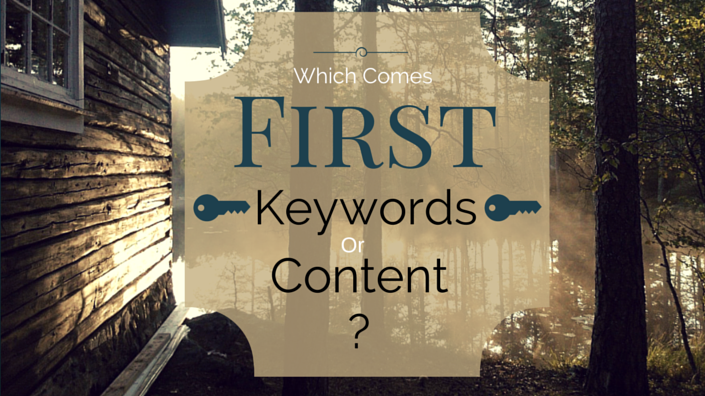Good keyword research involves a whole lot more than just finding keywords worth optimizing. In fact, the bulk of keyword “research” time should really be focused on choosing the right keywords for the right content.
Every keyword has both a meaning and an intent behind it. First you must understand the intent of the searcher. What type of content are they looking for? Are they researching, looking for how-to information, ready to buy? Slight variations for a single keyword phrase can completely change the intent of the search.
For example, someone searching “minnesota fishing” isn’t necessarily looking for the same thing as someone searching for a “minnesota fishing resort.” One might be looking for a good lake to fish at while another is looking for accommodations.
Similarly, the searcher typing in “minnesota fishing guides,” “minnesota fishing reports” and “minnesota fly fishing” might all be looking for something different, even though they are all looking for something as specific as “minnesota fishing.”
So how do you optimize for that?
Let’s take “minnesota fishing resort” related phrases. Digging deeper we found a number of other related terms:
minnesota fishing resorts
minnesota fishing lodges
fishing resorts in minnesota
minnesota fishing cabins
fishing resorts in mn
fishing lodges in minnesota
northern minnesota fishing resorts
fishing resorts minnesota
mn fishing resorts
minnesota fishing resort
fishing cabins in minnesota
minnesota fishing camps
minnesota fishing lodge
fishing resort minnesota
minnesota bedroom fishing
You can see this list includes terms related to “resort” such as “cabins” and “lodges.” That’s a pretty healthy list, and you can see that it’s now possible to create content that is very tightly themed yet be pretty authoritative on the topic.
Of course, it’s possible that people looking for “resorts” are not interested in a “cabin,” so we could see about break this list into two as such:
minnesota fishing resorts
fishing resorts in minnesota
fishing resorts in mn
northern minnesota fishing resorts
fishing resorts minnesota
mn fishing resorts
minnesota fishing resort
fishing resort minnesota
and
minnesota fishing lodges
minnesota fishing cabins
fishing lodges in minnesota
fishing cabins in minnesota
minnesota fishing camps
minnesota fishing lodge
minnesota bedroom fishing
We would have to make sure that each phrase is relevant for the site in question, but assuming they are, each of these groups can be used to create content very specific for what searchers want.
We could do the same for each of the broad terms mentioned above. Each can easily produce a list of 5-20 or so phrases that can be segmented into topics that match searchers intent.
When researching keywords and breaking them into optimizable groups, it’s important to make sure the content is aligned with the searcher’s intent and goals. Settling for “close enough” will often result in poorly written content that fails to resonate with your audience.
This type of research needs to be done for every page or keyword. While initial keyword research might help you uncover the core terms, researching out all of the additional phrases is an ongoing process that should be done as needed.
Ultimately, the goal is to make the best decisions in matching keywords with content that matches visitor intent. Searcher intent should guide your content optimization and marketing strategy. [inlinetweet prefix=”” tweeter=”” suffix=””]You should always be building content for keywords, not the other way around.[/inlinetweet]

